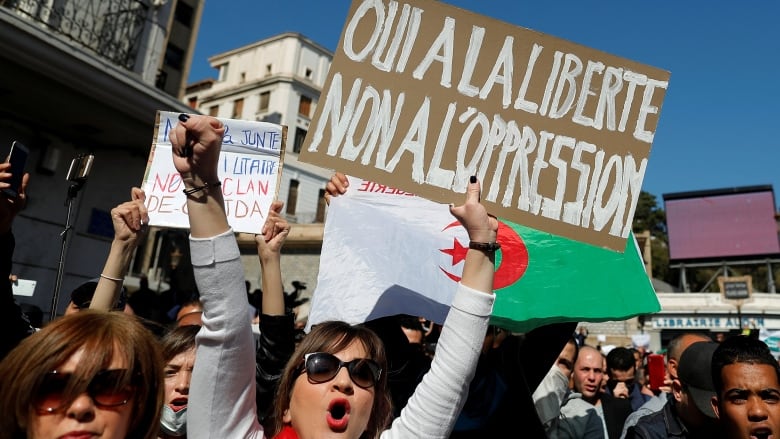Monday Briefing | April 8


Stories to Follow
Sustained protests in Algeria have most recently resulted in the declaration by Parliament that an interim president is being sought. Beginning on February 16 – ten days after President Abdelaziz Bouteflika announced he would stand for a fifth term – the protests have been named the Smile Revolution.
Initially demanding Bouteflika halt his bid for another term, protestors coalesced around increasingly ambitious demands. When Bouteflika, who is 81 and has been confined to a wheelchair since suffering a stroke in 2011, dissolved the government and announced he would postpone elections for up to a year, protestors called for his immediate removal.
As prominent military figures declared a constitutional path towards restitution, Bouteflika announced his resignation. Now, protestors are calling for the removal of his closest allies. The demonstrations in Algeria continue to draw attention as they contrast starkly with those of the Arab Spring which largely petered out following the ouster of targeted leaders.
Witnessing the growing success of their Algerian counterparts, protests in Sudan have been reinvigorated. Thousands of people held a second day of sit-ins outside the personal residence of President Omar Al-Bashir in the largest demonstration, and perhaps most direct, since the beginning of protests on December 19th of 2018.
Following a city-wide blackout in Khartoum, protests were called to mark the anniversary of the 1985 military coup that resulted in the ouster of Sudan’s Jaafar Nimeiri. Protests began as the price of basic good, particularly bread, rose precipitously in the preceding months.
Though they have lasted longer, demonstrations in Sudan have been met with considerably more force than those in Algeria. Moreover, protestors have primarily identified only one goal: the removal of President Al-Bashir from office. During the sit-ins, protestors continued their appeal to the military to abandon Al-Bashir.
And in Mozambique, the complete impact of Cyclone Idai is continuing to be revealed. At least 598 people died, and over 600,000 were displaced by the storm that made landfall in Beira on March 14th.
Approximately 2,000 cases of cholera have already been reported as the World Health Organization embarks on a massive campaign to inoculate some 900,000 people.
With over 700,000 hectares of crops destroyed by the cyclone, the affected area of Mozambique, Zimbabwe, and Malawi face a near certain food crisis, as well.
This Week in JPI
Democracies are in decline, and our educational institutions are to blame
Shivani Somaiya writes about how outdated, 20th century educational institutions are to blame for the rise of right-wing populism across the globe.
Things To Do This Week
When We Lead: Women’s Voices Reshaping Our Media
April 11th at 7:00pm at The New School
Hosted by Mother Jones’ Jamila King, this event brings together some of today’s leading journalists to tackle the biggest questions before us: How is the media industry changing as a result of women’s voices? How do media narratives influence the way we think about women and power?
Play It Loud: Instruments of Rock and Roll
April 8 – October 1, 2019 at the Metropolitan Museum of Art
Play It Loud: Instruments of Rock and Roll is an exhibition that tracks rock music’s seismic impact on society and culture—all through the instruments and sounds that defined its voice.
This week’s Monday Briefing was brought to you by Sam Broadway







